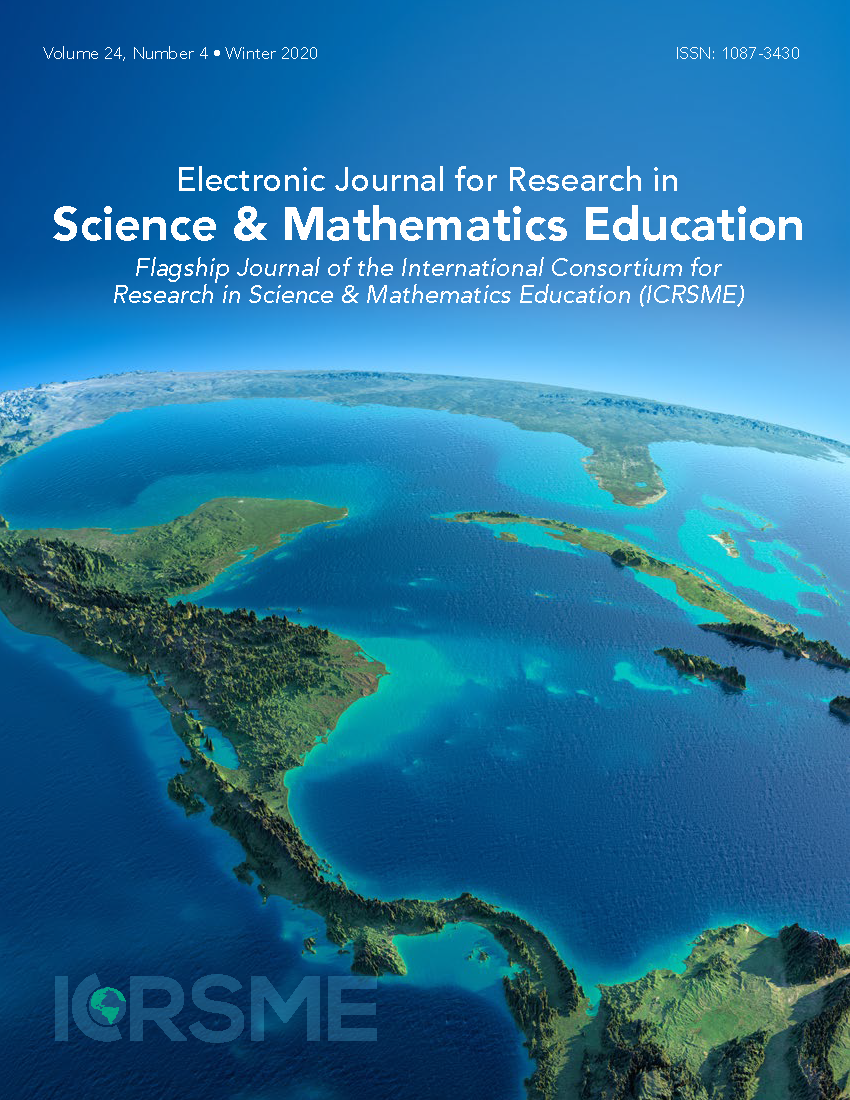Community College Human Anatomy and Physiology Faculty’s Professional Growth The Influence of Prior Knowledge and Experience on Pedagogical Change
Main Article Content
Abstract
This article examines the backgrounds and pedagogical evolution of twelve community college (CC) human anatomy and physiology faculty participating in a larger study known as the Community College Anatomy and Physiology Education Research (CAPER) project. Using qualitative analysis of interviews based on Luft & Roehrig’s (2007) Teacher Belief Interview (TBI), this article explores how prior experiences influenced CC faculty’s teaching beliefs and practices. Results indicated that despite limited access to professional development opportunities, CC faculty drew on their own experiences as learners, teaching experience, and classroom experimentation to reorient their beliefs toward effective science teaching. To better align their new beliefs with their classroom practice, they joined the CAPER project professional development opportunity. Findings reflect patterns identified in Clarke and Hollingsworth’s (2002) Interconnected Model of Professional Growth (ICMPG) highlighting the importance of instructors’ prior knowledge and intrinsic motivation. Given that community colleges serve a substantial share of higher education students today, this study has important implications for professional development and classroom research opportunities for CC and other higher education faculty.
Article Details
© 2025 Electronic Journal for Research in Science & Mathematics Education (EJRSME)
